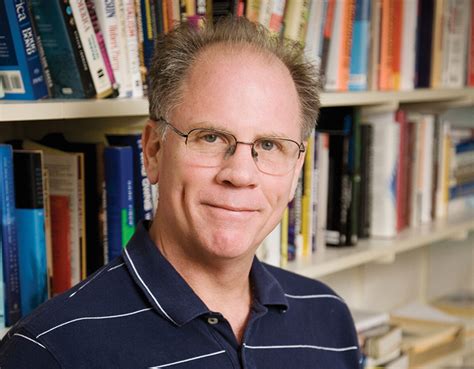A Quote by Robert Waterman McChesney
If you go to go to countries in Europe or Asia or even Canada, even with all the Internet and cable TV and satellite, public systems tend to be the most popular stations in the countries. In some countries like Norway and Germany, public stations are, if anything, more popular than ever as people see what Rupert Murdoch's got in store for them in the commercial stations.
Related Quotes
In the US, commercial interests stole the airwaves early on, before public broadcasters could get a stab at it. And the deal that was made with public broadcasting was, "Okay, we'll allow there to be a handful of public stations to do the educational programming that commercial broadcasters don't want to do, but the deal is they can't do anything that can generate an audience, anything that's commercially viable." Anything they do that could be commercially viable could be considered unfair competition to commercial interests and should only be on the commercial stations.
Industrialized countries have disproportionately more cancers than countries with little or no industry (after adjusting for age and population size). One half of all the world's cancers occur in people living in industrialized countries, even though we are only one-fifth of the world's population. Closely tracking industrialization are breast cancer rates, which are highest in North America and northern Europe, intermediate in southern Europe and Latin America, and lowest in Asia and Africa.
We studied a mosque, and this is when we were at Notre Dame, and in this mosque they had people from a variety of countries, most of them immigrants. In some of the countries, when you go into a mosque you remove your shoes. To not do so could be punishable even by death in that nation. In other countries, it would be a great offense to remove their shoes when they come into the mosque, a sign of disrespect.
Rupert Murdoch gave up his Australian citizenship in order to buy television stations in the United States, which is symptomatic of the way Murdoch operates. Everything is for sale, including his birthright. The Mirror is not read by soccer hooligans. It's read by ordinary people of this country. That comment is simply patronizing. But to be criticized by the Moonies and Murdoch in one breath is really just a fine moment for me.
The reality is that [Barack] Obama has some 15 countries in the current Libya coalition. President Bush put together close to 50 countries for the Afghan coalition, some 40 countries for the Iraqi coalition, more than 90 countries for the Proliferation Security Initiative and over 90 countries in the Global War on Terror.

































